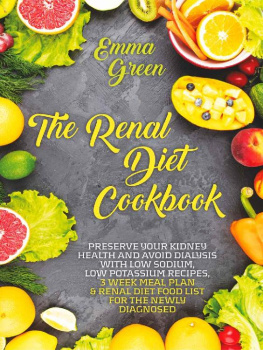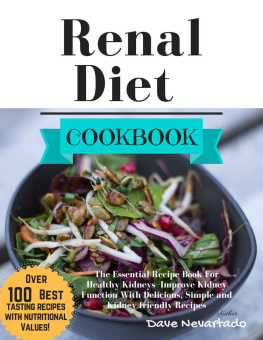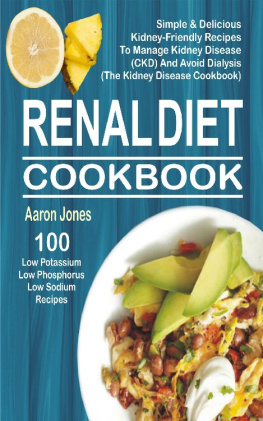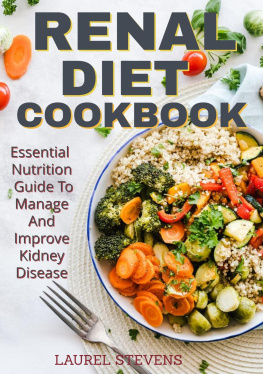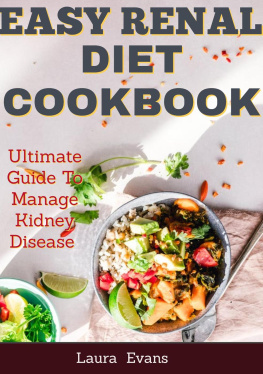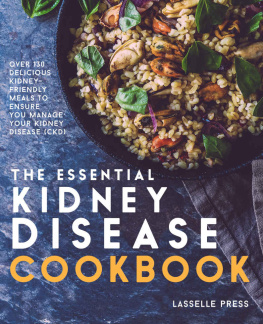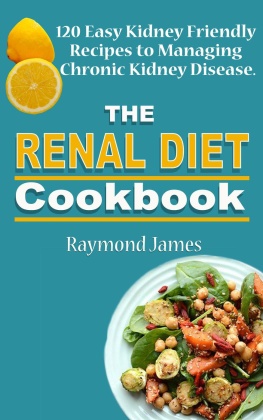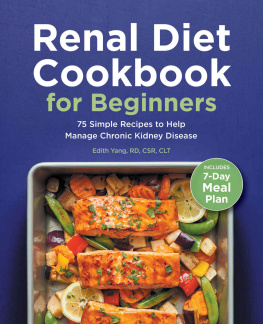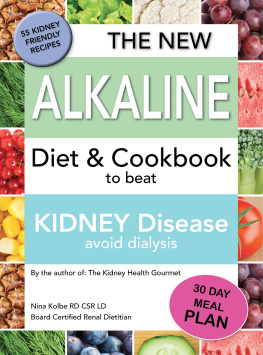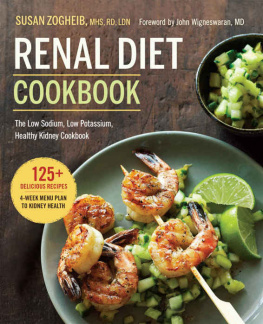

Copyright 2017 by Susan Zogheib
No part of this publication may be reproduced, stored in a retrieval system or transmitted in any form or by any means, electronic, mechanical, photocopying, recording, scanning or otherwise, except as permitted under Sections 107 or 108 of the 1976 United States Copyright Act, without the prior written permission of the Publisher. Requests to the Publisher for permission should be addressed to the Permissions Department, Rockridge Press, 918 Parker St, Suite A-12, Berkeley, CA 94710.
Limit of Liability/Disclaimer of Warranty: The Publisher and the author make no representations or warranties with respect to the accuracy or completeness of the contents of this work and specifically disclaim all warranties, including without limitation warranties of fitness for a particular purpose. No warranty may be created or extended by sales or promotional materials. The advice and strategies contained herein may not be suitable for every situation. This work is sold with the understanding that the publisher is not engaged in rendering medical, legal or other professional advice or services. If professional assistance is required, the services of a competent professional person should be sought. Neither the Publisher nor the author shall be liable for damages arising herefrom. The fact that an individual, organization or website is referred to in this work as a citation and/or potential source of further information does not mean that the author or the Publisher endorses the information the individual, organization or website may provide or recommendations they/it may make. Further, readers should be aware that Internet websites listed in this work may have changed or disappeared between when this work was written and when it is read.
For general information on our other products and services or to obtain technical support, please contact our Customer Care Department within the U.S. at (866) 744-2665, or outside the U.S. at (510) 253-0500.
Rockridge Press publishes its books in a variety of electronic and print formats. Some content that appears in print may not be available in electronic books, and vice versa.
TRADEMARKS: Rockridge Press and the Rockridge Press logo are trademarks or registered trademarks of Callisto Media Inc. and/or its affiliates, in the United States and other countries, and may not be used without written permission. All other trademarks are the property of their respective owners. Rockridge Press is not associated with any product or vendor mentioned in this book.
Photography Nadine Greeff, .
ISBN: Print 978-1-939754-20-2 | eBook 978-1-939754-21-9
In memory of Dely Mateo

Contents

C hronic kidney disease (CKD) affects over 30 million Americans, but fortunately, only a small fraction will progress to requiring dialysis or a kidney transplant. Weve known for over 50 years that diet has a significant effect on the clinical outcome of patients with CKD by slowing the rate of disease progression, delaying the onset of symptoms, improving the internal environment of the body, and decreasing the risk of cardiovascular disease. For patients who also have cardiovascular disease, diabetes, high blood pressure, or high cholesterol levels, dietary treatment can go a long way not only to stabilize kidney function but to improve survival, too.
Diet has a significant effect on the clinical outcome of patients with CKD
Unfortunately, learning to follow the renal diet, which is used to manage CKD by controlling ones intake of sodium, potassium, phosphorus, proteins and fluids, can be challenging for people who are newly diagnosed with CKD. The renal diet can feel even more daunting if patients have already been following a restrictive diet to reduce their intake of sugars (to manage diabetes) or fats (to manage high cholesterol levels). The obvious question that many patients with CKD have is this: With so many restrictions in my diet, what is left for me to eat? They fear that the renal diet will require them to eat bland, boring food, which can make healthy eating difficult and unsustainable.
Thus, I welcome this new book by Susan Zogheib because it provides patients with CKD the tools they need to plan and prepare meals that are delicious yet within the dietary restrictions necessary for managing CKD successfully. The 4 weeks of daily menus provide ample variety for every taste, and the recipes she offers are delicious and feature wholesome yet affordable ingredients. The tips that accompany each recipe allow for substitutions to suit individual preferences or restrictions. The menus can appeal to the entire household of patients with CKD, too, so patients dont have to feel isolated by eating separate meals from their loved ones. By eating these delicious, well-balanced meals together, the entire family benefits.
Susan Zogheib is not only a highly-trained registered dietitian with extensive experience in the nutritional management of patients with CKD. She is also a creative chef who has collected delicious, kidney-friendly recipes over many years. She works directly with many different patients, so she knows which diets and meal plans work to maximize patient acceptance and sustainability. I have personally worked with Susan on many occasions to develop programs that help patients with CKD manage their blood phosphorus levels, and I am amazed by her knowledge, energy, and passion for improving the outcomes for this vulnerable population.
The Renal Diet Cookbook for the Newly Diagnosed is comprehensive in its scope. It explains the nature of CKD, provides rationale for the dietary restrictions required to manage CKD, and offers a complete toolkit for meal preparation, including shopping lists, menus, and recipe customization tips. The wide variety of delicious but healthy meals can help newly-diagnosed patients see that the renal diet is not a death knell for satisfying dishes and familiar flavors, but rather a tasty opportunity to explore a new way of eating that slows disease progression whilst renewing health and vigor. Susans unique perspective as a renal dietitian and food expert makes this book an indispensable guide for the bewildering dietary challenges faced by patients who are learning to manage CKD, and I applaud her for addressing this unmet need.
Jay B. Wish, MD
Professor of Clinical Medicine
Division of Kidney Diseases
Indiana University School of Medicine
Indianapolis, IN
M anaging chronic kidney disease (CKD) requires lifestyle adjustments, but it might help to know youre not alone. In fact, over 31 million people in the United States are diagnosed with some malfunction of their kidneys or are battling kidney disease. As a registered dietitian (RD) with extensive experience assisting patients in taking control over their kidney disease, I have helped patients not only manage the physical symptoms associated with this disease but also cope with the emotional toll that this life change can take. Without knowing what the future holds, uncertainty, fear, depression, and anxiety can be common. It may even feel like dialysis is inevitable, and you may be asking yourself if it is worth the time or effort to try and manage this stage of the disease, or if its even possible to delay the progression. As an expert in this field, I can assure you it is not just possible; its yours to achieveonly 1 in 50 diagnosed with CKD end up on dialysis. So together, with the right tools, we can work to delay and ultimately prevent end-stage renal disease and dialysis. Success is earned through diet modifications and lifestyle changes. Using simple, manageable strategies, I have watched firsthand as my patients empowered themselves with knowledge. They have gone on to lead full, productive, and happy lives, continuing to work, play, and enjoy spending time with their loved onesjust the way it should be!
Next page

